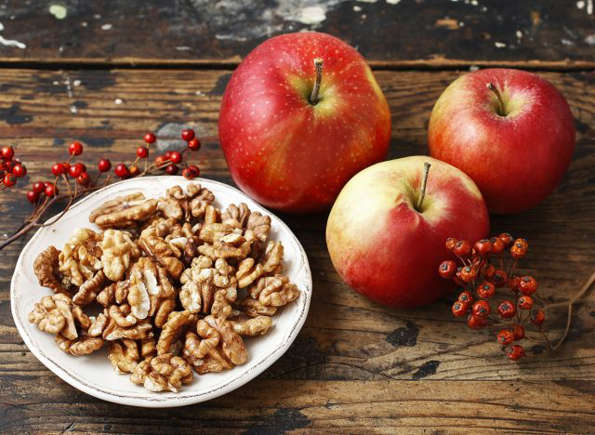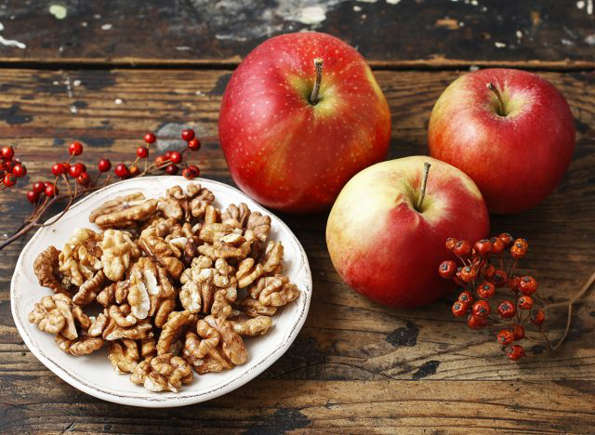To transform your body and effectively lose fat, it’s crucial to focus on functional nutrition. This approach emphasizes consuming nutrient-dense, unprocessed foods that not only fuel your body but also address the root causes of common health issues, including excess body fat. By integrating these strategies into your daily routine, you can target stubborn fat, improve your metabolism, and achieve a healthier, leaner physique. Whether you’re looking to shed pounds, build muscle, or simply improve your overall well-being, functional nutrition offers the tools you need to reach your goals.
Functional nutrition is more than just a buzzword—it’s a transformative approach to eating that can drastically improve your health and well-being. By focusing on nutrient-dense, unprocessed foods and understanding how your diet directly impacts your body’s functions, you can target and address the root causes of common health issues. Here are ten proven strategies to harness the power of functional nutrition and transform your body for the better.
1. Boost Digestion with Daily Probiotics

Probiotics are the good bacteria that support a balanced gut microbiota, which is crucial for digestion and overall health.
How to Implement:
Include at least one serving of probiotic-rich food daily. Some excellent options are kefir, plain yogurt, fermented kimchi, sauerkraut, miso, and kombucha.
Benefits:
By improving digestion, probiotics help your body absorb nutrients more efficiently. You’ll likely notice increased energy levels, reduced bloating and gas, more regular bowel movements, and even glowing skin as a result.
2. Achieve Steady Energy Levels by Pairing Carbs with Proteins or Fats

Eating carbohydrates on their own can lead to spikes and crashes in your blood sugar, which can cause energy fluctuations. Pairing them with protein or fat helps maintain steadier energy levels throughout the day.
How to Implement:
Instead of eating a carb-rich snack on its own, pair it with a source of protein or fat. For instance, if you’re having an apple, add some walnuts, a few slices of turkey, or a dollop of cottage cheese.
Benefits:
This strategy not only stabilizes energy levels but also enhances satiety, helping to control appetite and support weight management goals.
3. Stimulate Muscle Growth with High-Protein Meals

Protein is essential for muscle protein synthesis (MPS), the process by which your body builds and repairs muscle tissue. Consistently consuming adequate protein can help you gain lean muscle mass and recover faster from workouts.
How to Implement:
Aim to consume at least 30 grams of quality protein at each meal, spaced about 3-4 hours apart. Quality sources include chicken, beef, fish, shellfish, eggs, Greek yogurt, protein powder, and cottage cheese.
Benefits:
Regularly stimulating MPS through diet and resistance training can increase muscle mass, enhance physical performance, and speed up recovery times.
4. Feel Fuller Longer with Fiber-Rich Foods

Fiber is crucial for digestive health and maintaining a feeling of fullness, which can aid in weight management.
How to Implement:
Ensure you’re getting at least 25 grams of fiber daily from a mix of soluble and insoluble sources like chia seeds, avocado, ground flaxseed, artichokes, berries, and beans.
Benefits:
A fiber-rich diet supports regular bowel movements, reduces constipation, slows sugar absorption, and increases satiety, helping you stay full longer.
5. Prevent Bloating with Mindful Eating

Mindful eating involves paying full attention to the experience of eating and drinking, both inside and outside the body.
How to Implement:
Take at least 20 minutes to eat each meal, and chew each bite around 30 times before swallowing. This helps initiate the digestive process and ensures food is properly broken down.
Benefits:
Mindful eating can reduce bloating, acid reflux, and indigestion. It also aids in better digestion and prevents overeating, contributing to overall digestive health.
6. Hydrate for Better Skin and Health

Staying hydrated is one of the simplest yet most effective ways to improve your overall health, from cognitive function to skin clarity.
How to Implement:
Drink half your body weight in ounces of water daily. For example, If you weigh 150 pounds, try to drink about 75 ounces of water each day. Start your morning with 15-20 ounces before breakfast or coffee to jumpstart your hydration.
Benefits:
Proper hydration supports numerous bodily functions, reduces symptoms of dehydration like headaches and fatigue, and leads to healthier skin, better cognitive function, and increased energy levels.
7. Reduce Inflammation with Omega-3 Fatty Acids

Omega-3 fatty acids are powerful anti-inflammatories that can help reduce chronic inflammation, which is linked to various health issues.
How to Implement:
Incorporate more omega-3-rich foods into your diet, such as fatty fish (like salmon and mackerel), walnuts, chia seeds, and flaxseeds.
Benefits:
Increased omega-3 intake can help reduce inflammation, support heart health, and improve overall well-being.
8. Enhance Health by Reducing Processed Foods
Processed foods are often high in unhealthy fats, added sugars, and artificial additives, all of which can contribute to poor health.
How to Implement:
Aim to fill your diet with nutrient-dense whole foods about 80% of the time, leaving the remaining 20% for more flexible choices.
Benefits:
By reducing processed food intake, you lower your risk of nutrient deficiencies, blood sugar imbalances, and chronic diseases. Whole foods provide the essential nutrients your body needs to thrive.
9. Strengthen Your Immune System with Antioxidants

Antioxidants are compounds found in fruits and vegetables that help protect your body from oxidative stress and inflammation.
How to Implement:
Aim for at least three 1-cup servings of vegetables and fruits daily. To ensure variety, think of including a mix of colors—red, green, yellow, etc.—on your plate.
Benefits:
A diet rich in antioxidants boosts immune function, reduces the risk of chronic diseases, and promotes overall health.
10. Boost Mood and Health with Vitamin D and Sunshine

While not directly related to nutrition, getting outside for some sun and fresh air can significantly boost your vitamin D levels and overall mood.
How to Implement:
Spend at least 20 minutes outside daily. If possible, soak up some sun or take a short walk in nature.
Benefits:
Sun exposure helps increase vitamin D levels, which are crucial for various body functions, including energy levels, bone health, and mood regulation. Plus, spending time in nature is proven to reduce anxiety and enhance positivity.
Incorporating these functional nutrition strategies into your daily routine can lead to profound changes in your health and well-being. Whether your goal is weight loss, improved energy, better digestion, or overall health, these ten tips provide a solid foundation for a healthier, more vibrant life.
FAQs
- What is functional nutrition? Functional nutrition focuses on eating nutrient-dense foods and adopting lifestyle habits that target the root causes of health issues rather than just treating symptoms.
- How do probiotics improve digestion? Probiotics introduce beneficial bacteria into your gut, aiding in digestion and nutrient absorption while reducing bloating and irregular bowel movements.
- Why is protein important for muscle growth? Protein stimulates muscle protein synthesis, the process by which your body repairs and builds muscle tissue, essential for gaining lean muscle mass.
- How does hydration impact skin health? Proper hydration helps maintain skin elasticity, reduces the appearance of wrinkles, and gives your skin a healthy glow by flushing out toxins.
- What are the benefits of reducing processed foods? Reducing processed food intake lowers the risk of chronic diseases, helps regulate blood sugar levels, and improves overall vitality by providing essential nutrients.


